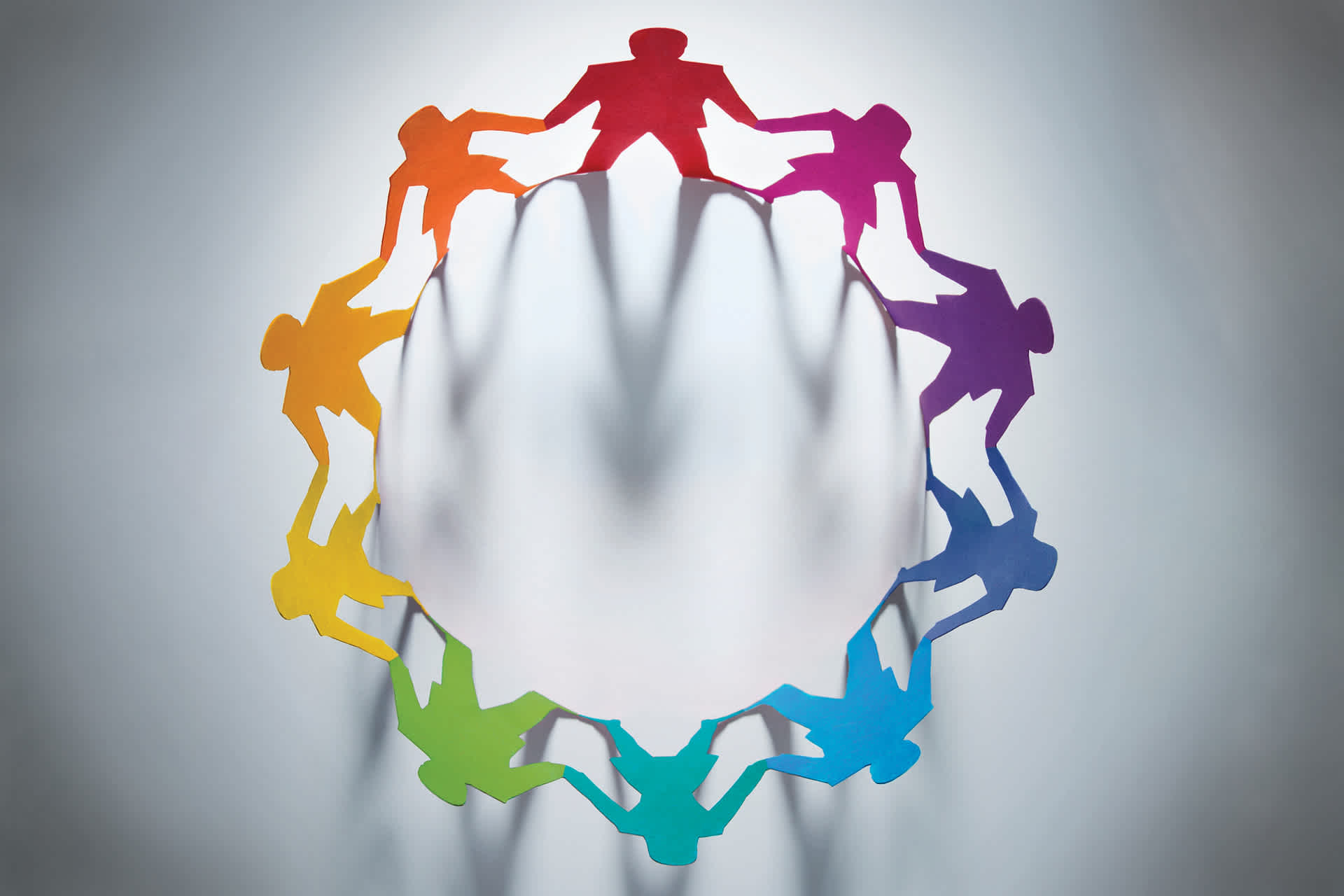Be an Upstanding Coworker

Even in a professional environment, not everyone behaves professionally. Just like in school, some people won’t get along. People won’t always have the best intentions, and won’t always be respectful of others. But some people call out and work to correct unfair and hurtful behavior. These people are called allies.
Allyship is about building relationships with people who are different from you, in order to foster trust and positive behavior. It’s also about holding yourself accountable when you make a mistake that harms someone else. Being an ally is more than having your heart in the right place and wanting to do the right thing. You’re a true ally when others recognize your efforts and see them in action—when you’re upstanding.
Upstanding (as opposed to bystanding) is when you choose not to remain silent when someone says or does something racist, offensive, or otherwise harmful. Instead, you stand up to stop the behavior, as if the struggle were your own, even when you feel nervous or timid about doing so. In other words, you take ACTION:
A: Ask clarifying questions: “Can you tell me more about . . . ?” or “What do you mean by . . . ?”
C: Come from a place of curiosity and not judgment, to keep the conversation productive.
T: Tie in an alternate perspective: “Have you considered . . .?”
I: Insert your truth: “I don’t share that thinking. I see it as . . .”
O: Own your ideas and biases, such as stereotypes that may be affecting how you see or approach a person or situation.
N: Navigate to common ground: “We don’t agree on . . . , but I think we can agree that . . .”
But while you may be an ally, remember that no one’s perfect. Anyone can make a mistake that’s harmful to other people. This might not have been the intention, but the intention doesn’t matter as much as how the behavior has affected others. Here’s what to do if you’ve made a mistake:
Learn to listen to others and trust their experience, especially when it is different from yours.
Don’t expect others to educate you on what is or isn’t offensive or harmful. Take the time to learn about that yourself, from trusted books, podcasts, videos, and articles.
Don’t assume you know best. Listen and learn.
Make sure you're being an ally, not to get attention or “gold stars,” but to partner with others who deserve our respect, and to support fairness in the workplace.
Be ready to take responsibility for your mistakes. They will happen. That doesn’t make you a bad person, just human. Be ready to apologize, and learn from your mistake.
Remember, being an upstanding person also means being self-aware. By taking these steps, you will gain the trust of your coworkers and show that you’re serious about being an ally.

